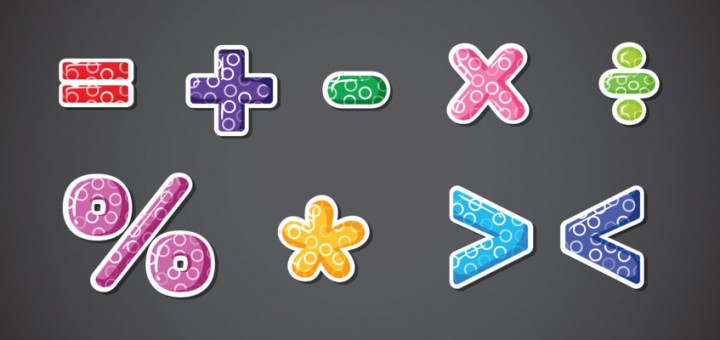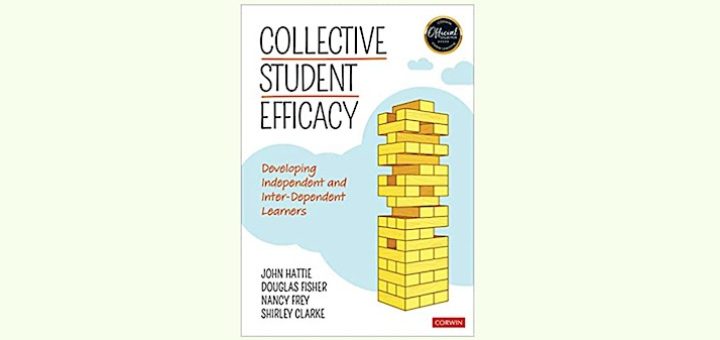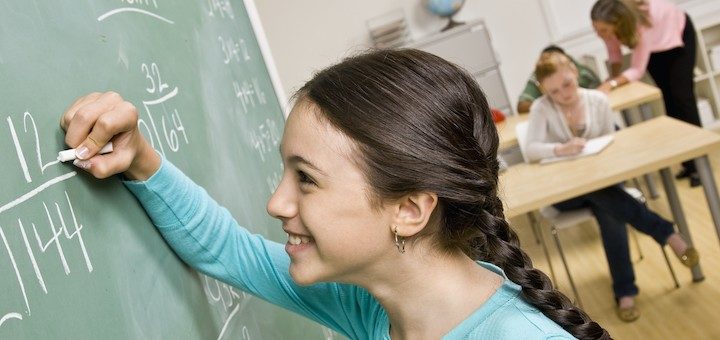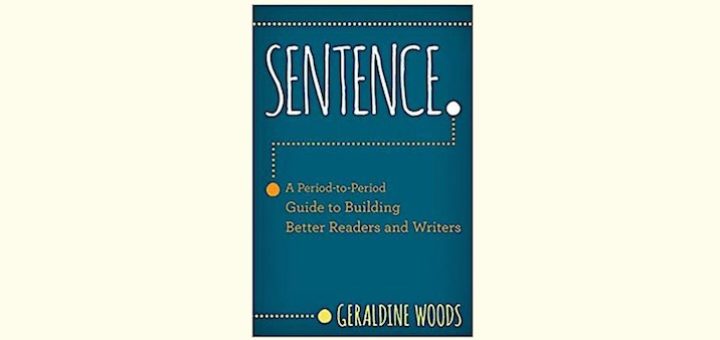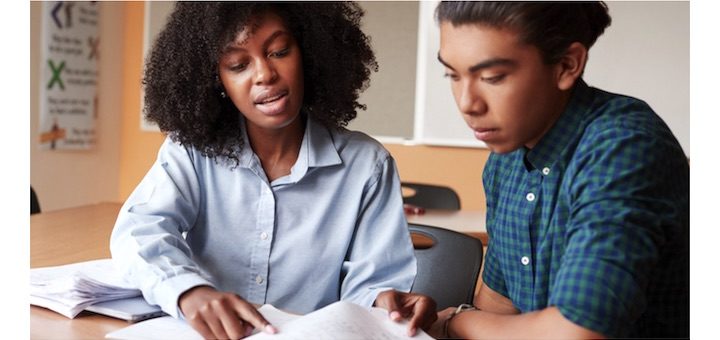Teaching and learning in grades 4-8
As we encourage self-care it might not occur to educators that the concept is culturally driven and diverse. ELL teacher Dina Strasser shares resources that can help “decolonize” self-care by recognizing our students’ many differing cultural perspectives on healing and health.
Michelle Russell’s algebra students repeatedly encounter foundational skills they haven’t mastered, trapping them in ‘no man’s land’ – unable to use prior knowledge to grasp the new. Shifting from discouragement to action, she sets goals and makes a plan to help them catch up.
Educators are exhausted and under attack, and faculty and staff need school leaders to take their frontline challenges seriously, write Ron Williamson and Barbara Blackburn. The leadership authors detail seven steps principals can take to offer real help and support.
John Hattie, Douglas Fisher, Nancy Frey and Shirley Clarke show how we can help kids develop as independent and inter-dependent learners through Collective Student Efficacy. Consultant Helene Alalouf praises the authors’ detailed guidance supported by many classroom examples.
Student trauma is widespread in schools today. School psychologist Katelyn Oellerich explores several actions we can take to help alleviate its ill effects – from deliberate steps to strengthen adult-student relationships to systemwide planning to improve trauma support.
Bradley Witzel and Barbara Blackburn share research-supported strategies proven effective for students with special needs and mathematics challenges. They model the concrete-visual-abstract sequence of instruction (CVA) and schema-based instruction (SBI) for word problems.
Kasey Short shows how your middle grades school can create a Wellness Fair to highlight that stress is normal, showcase that mental health is a priority, and provide students an opportunity to learn and practice a variety of coping skills. And kids will have fun doing it!
Rebecca Crockett values the work Geraldine Woods has done in creating Sentence. A Period-to-Period Guide to Building Better Readers and Writers and the expertise she shares with teachers less experienced with this method of teaching. Destined to be an oft-referenced book!
Whether his soon-to-be teachers are spending an hour or all day with students, the question teacher educator Curtis Chandler most often hears from them is this: “How can I better support my students who are English language learners?” His 2022 resolution – prepare them better.
When students tackle fact-rich texts, teachers may need to shift into focused instruction mode, modeling the strategic processing nonfiction readers use to make sense of new information. Cummins and Webb share a teacher-student partnership scenario.


